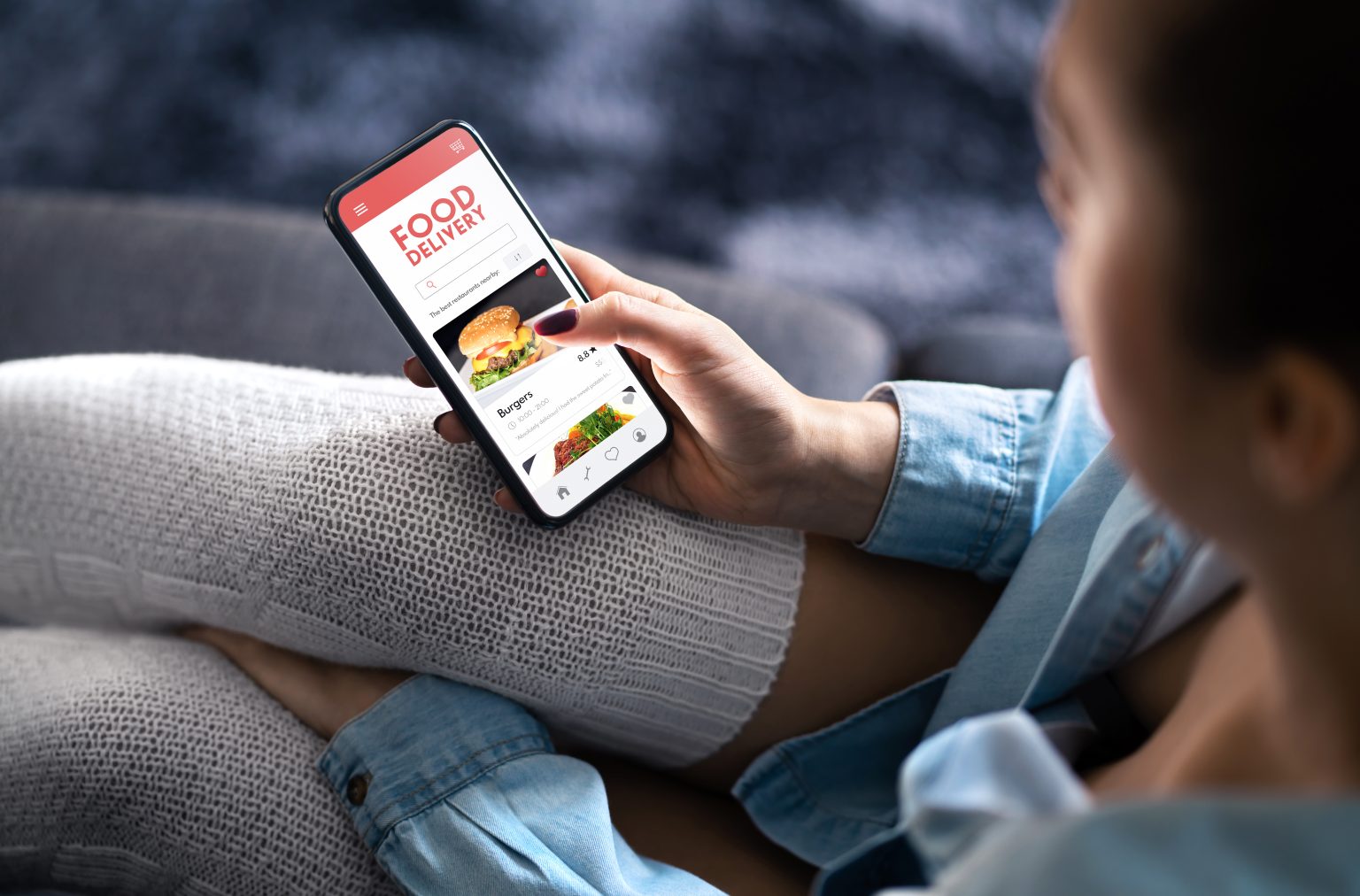Researchers from the University of Sydney have discovered significant gaps in the nutritional information provided on menu items across major online food delivery outlets in Australia. A study analysing these menus has highlighted a concerning absence of details that could help consumers make healthier food choices.
In their investigation, which scrutinised 482 menus from UberEats, Menulog, and Deliveroo, the researchers found that “most advertised items are missing nutritional information that would otherwise help consumers make healthy choices”. Remarkably, “less than six percent of menus of food outlets on third-party online food delivery applications had complete kilojoule labelling.”
This oversight persists despite the New South Wales Menu Labelling Scheme introduced in 2011, mandating large fast-food outlets to display the average energy content of items in kilojoules and reference the daily average intake of 8700 kJ. This regulation applies across various sales platforms including in-store, drive-through, internet ordering sites, and distributed materials, but the recent study indicates that compliance is “largely absent or poorly provided on online food retail platforms”.
The study’s lead author, Sisi Jia, PhD Candidate at the Charles Perkins Centre and Susan Wakil School of Nursing and Midwifery, expressed concern over the “largely unregulated digital environment where young people increasingly use apps to make food purchases.” Jia emphasised the importance of displaying kilojoule content, citing multiple studies demonstrating that “consumers who were provided with nutritional information selected meals with significantly lower energy content.”
Despite the importance of these findings, Deliveroo, one of the platforms in the study, no longer operates in Australia, which may impact the study’s broader implications. However, the inconsistency found in kilojoule labelling between different locations for the same franchise store and across various delivery service types, including in-house company-owned apps like Domino’s and third-party services such as Uber Eats, suggests a systemic issue.
The study, published in the journal Public Health Nutrition, further highlighted that only a small fraction of large food outlets had complete nutritional labelling, with UberEats at 4.8 percent, Menulog at 5.3 percent, and Deliveroo at 3.6 percent. Additionally, while 35 percent of large fast-food franchise outlets on company apps such as MyMaccas had complete kilojoule labelling, over 75 percent of menu items from mid-sized food outlets were classified as ‘unhealthy’, despite being exempt from current laws.
To address these discrepancies and adapt to the growing use of online food delivery services, the researchers advocate for a revision of the current NSW menu labelling laws. Dr Stephanie Partridge from the Charles Perkins Centre and Susan Wakil School of Nursing and Midwifery called for “swift and clear leadership on how the NSW Menu Labelling scheme and any future schemes are applied on online food retail platforms,” highlighting the need for updates to keep pace with technological advancements in food service.
